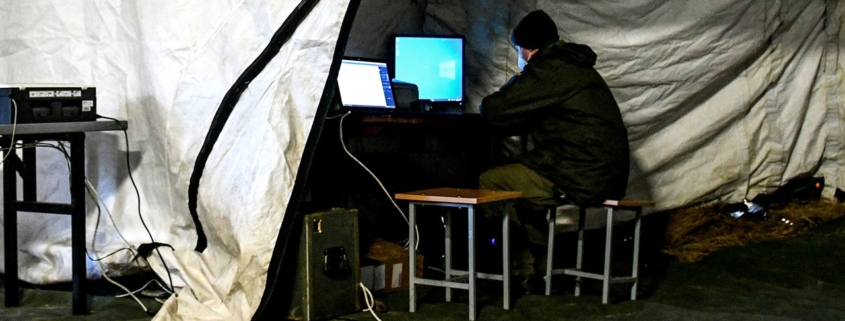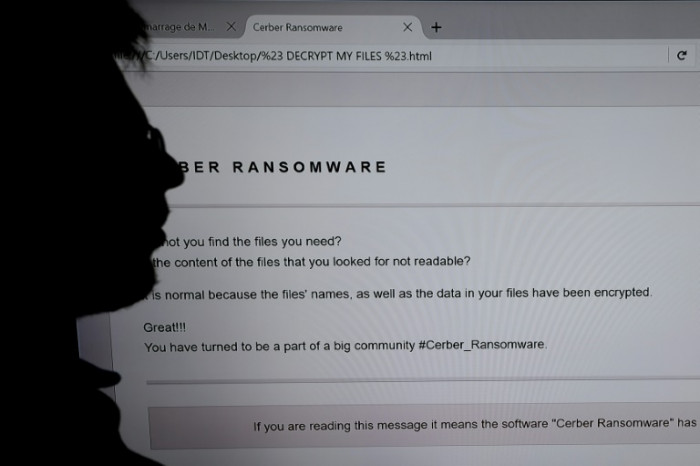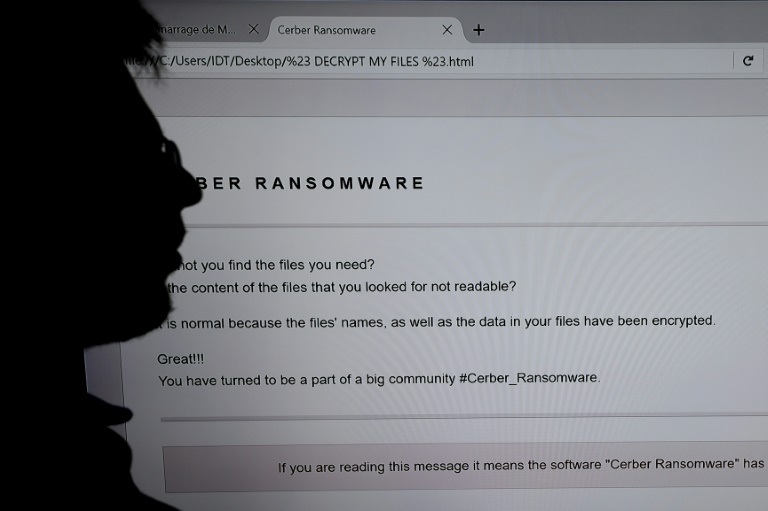DDoS Attempts Hit Russia as Ukraine Conflict Intensifies
When Russian president Vladimir Putin launched an unprovoked war against Ukraine this week, he did so with a warning that any interference from the West would be met with a response “never seen” in history. The implied nuclear threat has little if any precedent over the last several decades, and while the Kremlin is far more likely to unleash cyberattacks, it was a chilling indication of how far Putin may be willing to escalate.
Russia’s notorious Sandworm hackers, meanwhile, did not sit idly by when researchers exposed their VPNFilter malware in 2018. Intelligence agencies in the US and UK this week detailed Cyclops Blink, a hacking tool that Sandworm developed soon after VPNFilter was no longer useful. Cyclops Blink targets network devices, conscripting them into a botnet and exposing them to further infection. While UK officials said that the revelation was not directly related to the situation in Ukraine, it did come at a time of increasingly serious cyberattacks against the country.
We also took a look inside Intel’s iStare lab, where the company’s researchers work to hack chips in an effort to head off the next Spectre and Meltdown or Rowhammer attack. And we talked to security researchers who figured out how to eavesdrop on any room that has a shiny object in it within view.
If you’re looking to lock down your Chrome browsing experience, you might want to give Enhanced Safe Browsing a try; we talked you through how to set it up. And we picked the best personal safety devices, apps, and alarms for when you need a little extra protection in the real world as well.
And there’s more! We’ve rounded up all the news here that we didn’t break or cover in depth this week. Click on the headlines to read the full stories. And stay safe out there.
Leading up to and in the early days of Russia’s invasion of Ukraine, the Kremlin’s cyberspace strategy has included a combination of denial-of-service attacks and data wipers. This week saw several efforts to DDoS Russia in return, with mixed results. Russian government, military, and bank websites have all been hit with traffic tsunamis, though for the most part they appear to be holding steady. Mil.ru, the country’s…





